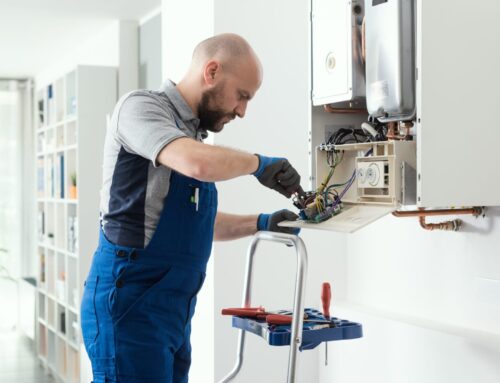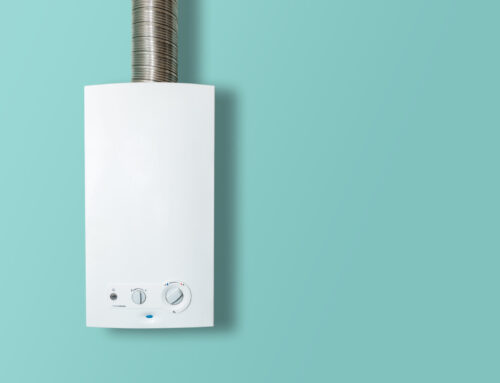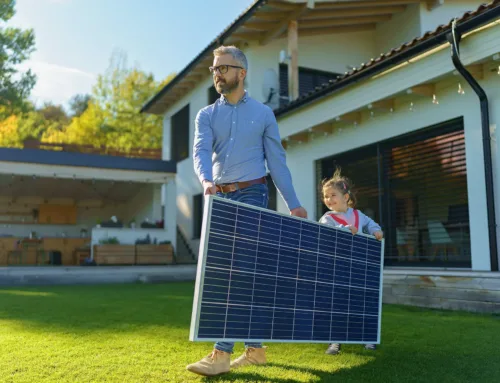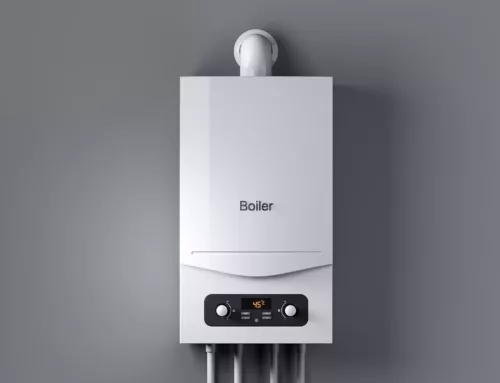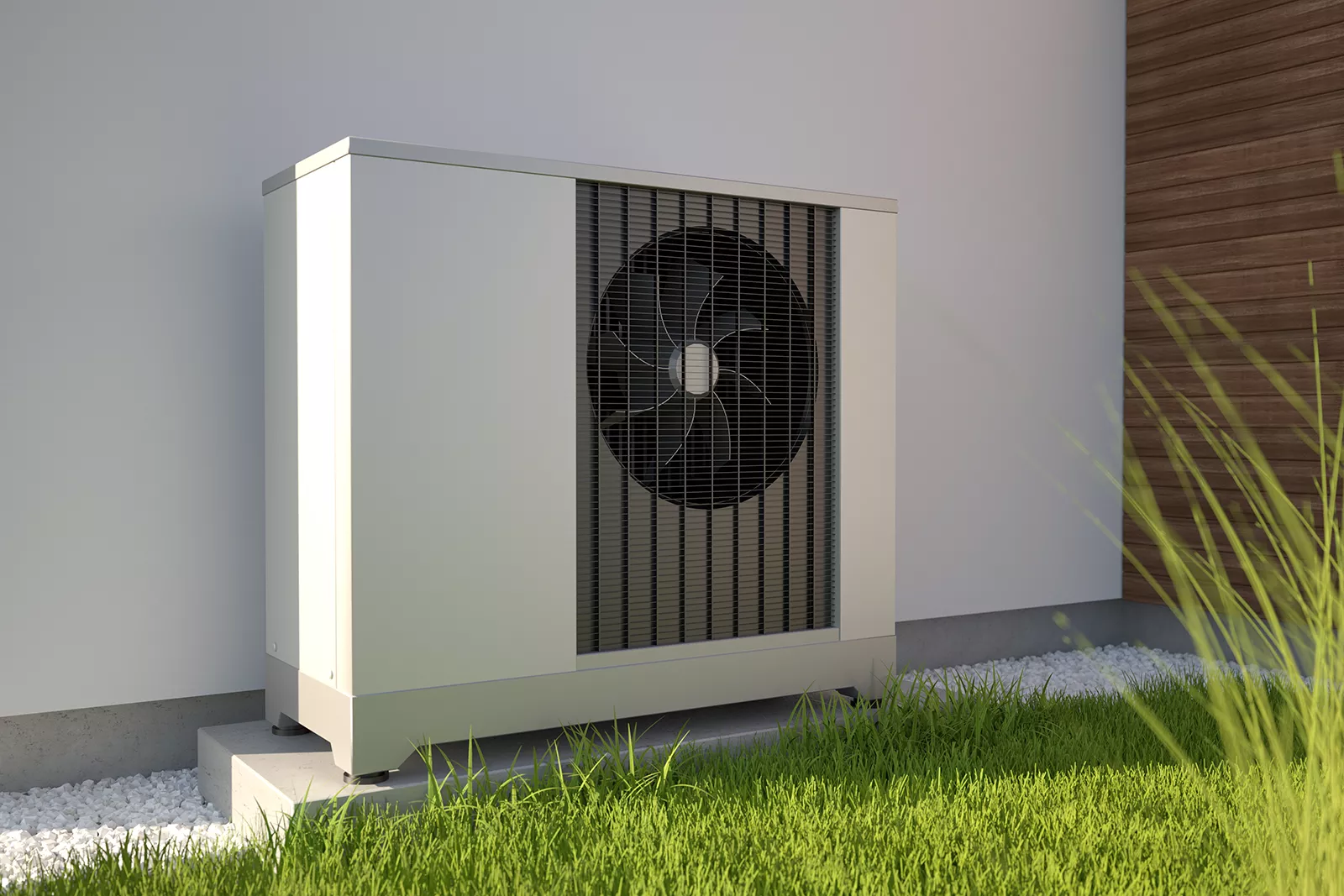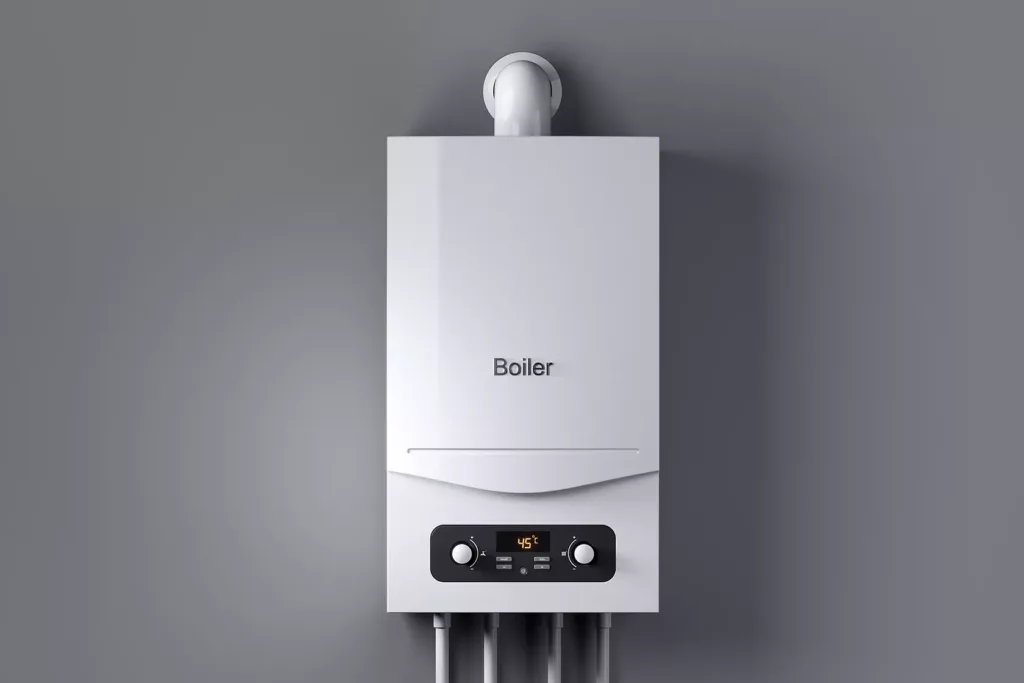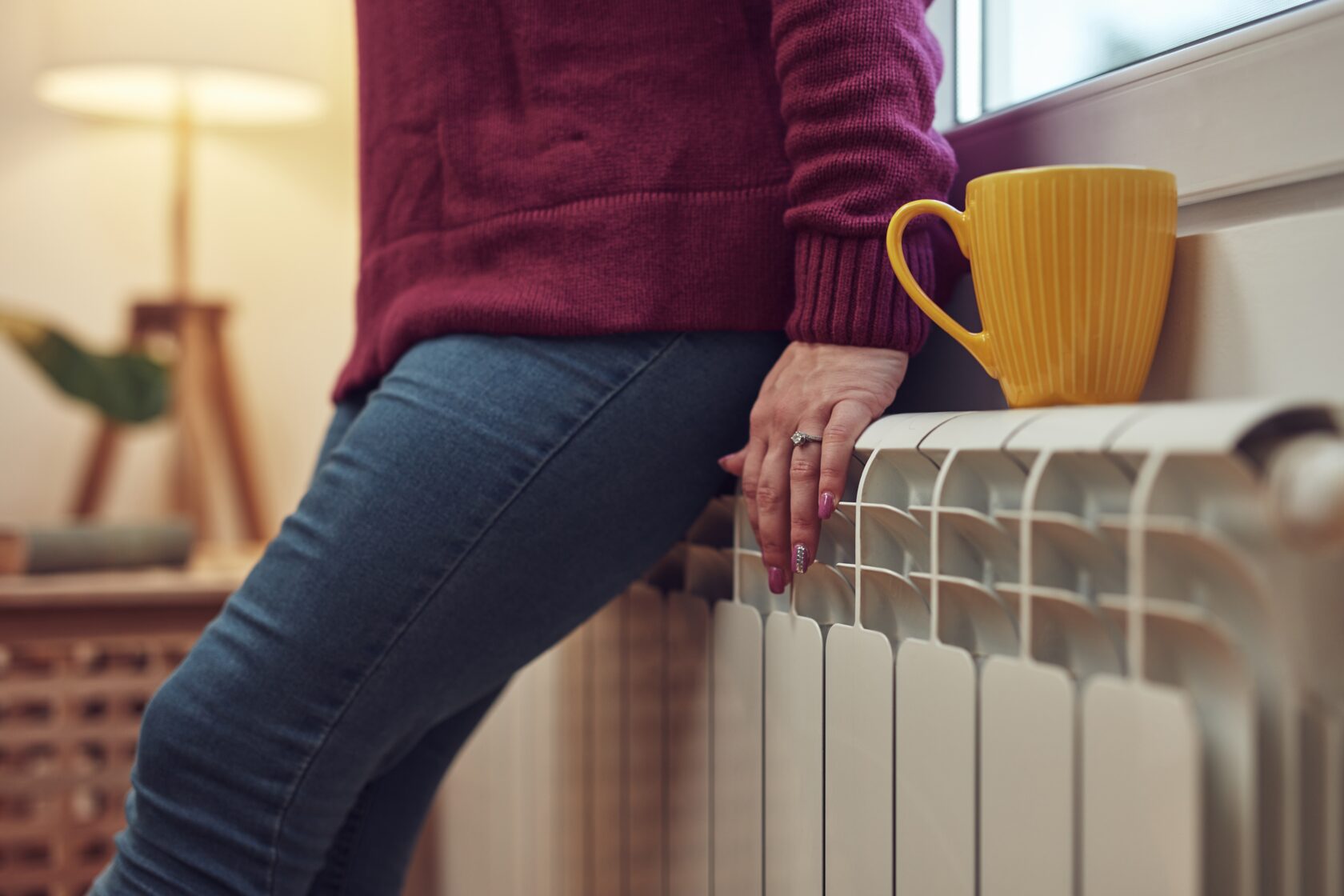
If you are looking to upgrade your boiler or are moving into a new home where a new boiler is required, it can be a minefield understanding the various types of boilers available, and which would be most suitable for your home. There is much attention on adopting renewable energy sources and having a more sustainable way of heating and providing hot water for your home, but are these suitable for your home? Traditional gas boilers burn fuel with more of a climate impact, but modern gas boilers are much more energy-efficient. Whilst this does reduce the impact, you still need to work out what type of boiler suits your home and your needs most.
To help you with this process we have put together a brief guide.
Different types of gas boiler
There are three commonly used types of gas boiler, and these have different systems and uses, as well as pros and cons for different types of home.
- Combi – Short for ‘combination’ boiler, this is a single, compact unit which produces both heat and hot water. A wall-hung unit uses a heat exchanger to take cold mains water and instantaneously burn fuel to produce hot water when it is needed, i.e. when you turn on a hot water tap or set the controls of a central heating system. There is no separate hot water cylinder required, so this unit saves space in a small home, and a good, well-maintained combi boiler can work at 90% efficiency. However, you do need a good flow rate of water and it can be a strain on the system if you are using two outlets at once, i.e. a shower and a tap for example. Therefore, combi boilers are ideal for smaller homes with one bathroom and fewer than 10 radiators, and perhaps with no loft for a water tank.
- Heat Only – These are also called ‘regular’ or ‘conventional’ boilers and while they also send heat directly to radiators (the same radiators you would use with a combi boiler), they use an ‘open-vented’ system which requires a hot water cylinder, usually stored out of the way in a loft space. That means more space is required for a heat only boiler as you need to connect to the separate hot water cylinder to produce hot water. Therefore, heat only boilers are more suitable for larger, older homes, but are especially good where there is more than one bathroom as you only need low mains pressure. Heat only boilers are less efficient than combi boilers and you do have to wait for hot water to arrive, it is not instantaneous. This hot water supply can also run out and you would need to wait for more to be produced.
- System – These are known as modern versions of a heat only boiler and are also known as ‘unvented’ and ‘system sealed’ boilers. System boilers save space compared to a heat only boiler because all the pumps and valves are located in one integrated unit, so there is no separate hot water cylinder required. System boilers are good where there is high demand for hot water, as they can feed several outlets simultaneously, however, you need good incoming water pressure to enable this.
Renewable energy boilers
Increasingly, modern homes are being fitted with boilers which use a renewable energy source. This reduces the climate impact, and from 2025 newly-built UK homes will be fitted with a renewable energy source boiler as standard, rather than a gas boiler.
- Heat pumps – These are units which use a refrigerant and a heat exchanger to transform outside air into hot air, which is then transferred to radiators and hot water sources as a normal combi boiler would. A heat pump can be air source – taking air directly from outside like an air conditioning unit – or ground source – taking air from the ground. Heat and hot water is instant to some extent, but does require a storage tank to hold water. However, hot water can be generated overnight when electricity tariffs are cheap, and stored for later use, making heat pumps energy and cost-efficient. You do need space for the storage tank and homes have to have good thermal efficiency, with good insulation, to generate the best heat and energy-saving results. Therefore, heat pumps are most suitable for modern homes.
- Biomass boilers – A biomass boiler burns wood, plants and organic matter, usually in the form of brickettes, pellets or chips. The heat generated feeds the central heating system and provides hot water. This is by far the most energy-efficient type of boiler, but requires space for storage of the fuel source, and also requires being manually attended to, i.e. feeding the burner with brickettes, pellets or chips, like feeding a stove, fire pit or barbecue.
Contact Emergency Cover for the best advice on your boiler upgrade
At Emergency Cover we have years of experience in surveying homes and recommending the best solutions for convenient and cost-effective heat and hot water. Every home has different needs and circumstances, and we can use our skills to help you. So contact our team and we can talk to you about your home heating and hot water services as well as recommend the best boiler cover plan and heat pump cover plans, to ensure you are not faced with emergency breakdowns and no means to find a fast and effective solution. Contact our team today.
